Europe's drug gangs in the spotlight
The illegal narcotics trade is fuelling a surge in gang violence across the continent
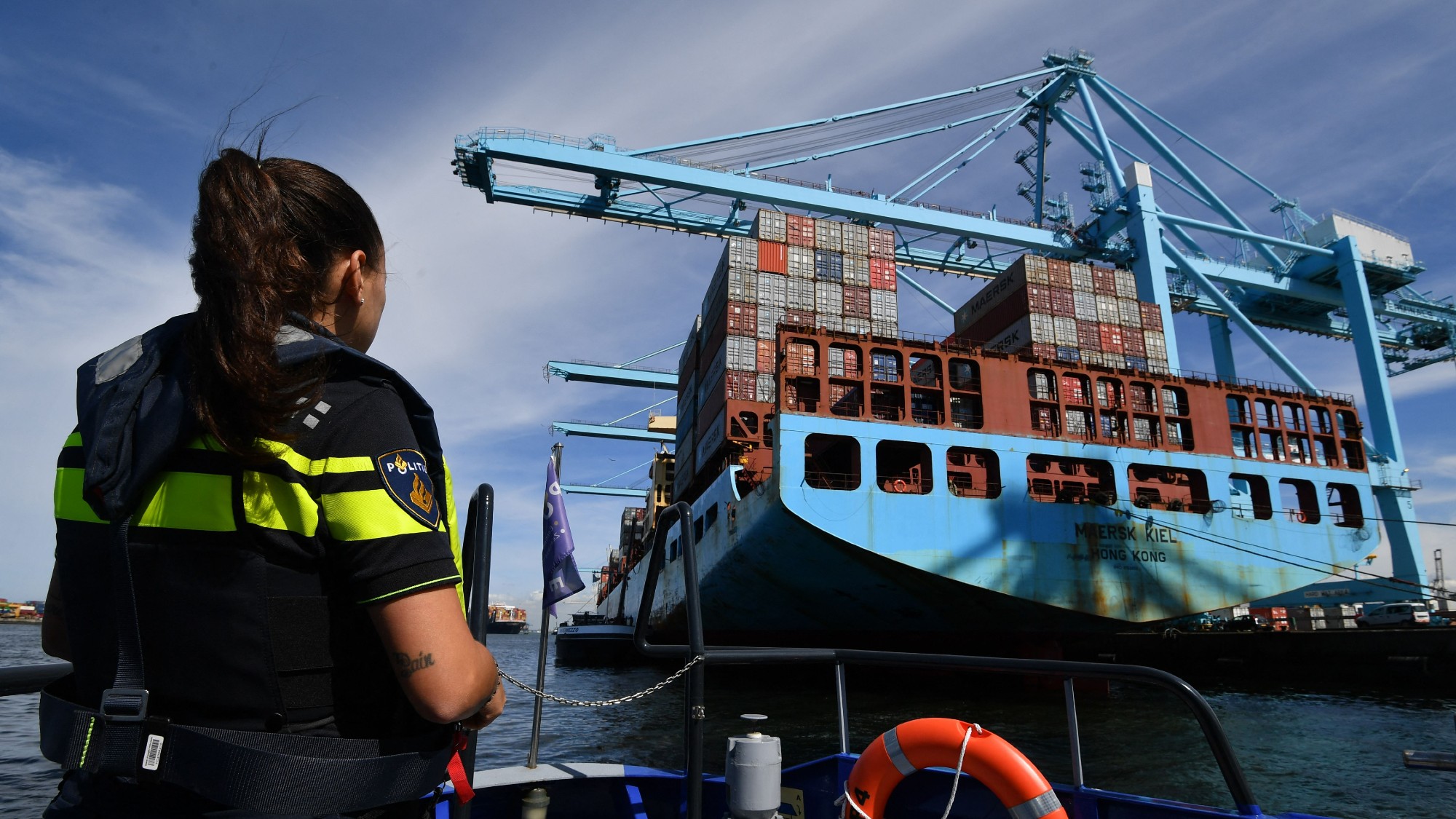
A free daily email with the biggest news stories of the day – and the best features from TheWeek.com
You are now subscribed
Your newsletter sign-up was successful
Last week, a Dutch court convicted three men of the murder of Peter R. de Vries, one of the Netherlands' most famous reporters, who was shot dead on a busy Amsterdam street in 2021.
It was a brazen attack that shocked the nation, and is thought to have been related to the huge "Marengo" trial, in which a drugs kingpin, Ridouan Taghi, and 16 others were convicted of six murders and four attempted murders. De Vries was killed, it seems, because of his role as official "confidant" of Nabil B, a former member of Taghi's gang who turned witness against him; Nabil B's brother and his lawyer had also been killed.
These killings were seen as a major assault on the rule of law; during the Marengo trial, which concluded in February, it was alleged that Taghi's gang were also plotting to kidnap the prime minister Mark Rutte, and to target the country's royal family. Amsterdam's mayor, Femke Halsema, warned that the Netherlands was at risk of becoming a "narco state", swamped with criminal money and violence. Similar problems have been seen across western Europe.
The Week
Escape your echo chamber. Get the facts behind the news, plus analysis from multiple perspectives.

Sign up for The Week's Free Newsletters
From our morning news briefing to a weekly Good News Newsletter, get the best of The Week delivered directly to your inbox.
From our morning news briefing to a weekly Good News Newsletter, get the best of The Week delivered directly to your inbox.
What sort of problems are occurring?
"Some EU member states are currently experiencing unprecedented levels of drug market-related violence, including killings, torture, kidnappings and intimidation," reported Europol, the EU's law enforcement agency, in March.
In Belgium, Brussels has become a hub for drugs coming from Antwerp, and shootings between rival gangs have proliferated. Drug-related homicides in Marseille, France, rose by 50% from 2022 to 2023; last month, two prison guards were shot dead when a prison van carrying Mohamed Amra, a convicted criminal reportedly linked to a Marseille drug gang, was ambushed near Rouen. In Sweden, cities have been blighted by gangs waging turf wars against each other; 11 people were killed in shootings last September alone.
What's behind the violence?
Most of it is linked to attempts to control the EU's growing drugs market. The illegal narcotics market has grown rapidly in recent years, and is now worth an estimated €31 billion annually, according to EU agencies. The illicit cannabis market alone is worth €11.4 billion a year.
Of a similar size, but more profitable and more violent, is the cocaine market – worth €11.6 billion annually in the EU. Five of the ten largest cocaine seizures in Europe took place last year. Today, cities such as Lisbon, Brussels and Amsterdam have some of the highest per capita rates of cocaine use in the world. According to the UN Office on Drugs and Crime, people in Europe accounted for 21% of all global users of cocaine in 2021, despite making up just 9.3% of the world's population. Analysis of waste water shows that cocaine use has shot up in many EU cities since 2016.
A free daily email with the biggest news stories of the day – and the best features from TheWeek.com
Why is drug use surging?
Partly because supply has increased. In Colombia, the world's largest cocaine-producing country, the area planted with coca bushes reached a record high in 2023, with production capacity up by 24% on the previous two years. The same pattern has been seen in Peru and Bolivia; globally, coca production has more than doubled since 2014.
With the US market saturated, cartels have increasingly turned to Europe to sell their cocaine, lured by the relative ease with which they can smuggle drugs through major ports such as Antwerp and Rotterdam, and the higher prices at which they can sell: a kilo of cocaine bought for $1,000 in Colombia is worth more than €35,000 in Europe, about twice its price in the US.
How does the trade work?
Cartels and drug trafficking gangs fight for control of cultivation regions in the Andes, and use smuggling routes to ports such as the crime-ravaged city of Guayaquil in Ecuador. Shipments are sold to crime syndicates in Europe, such as the Dutch-Moroccan "Mocro maffia" in the Netherlands and Belgium, in which Taghi played a major role, the Yoda and DZ Mafia gangs in Marseille, as well as Serb, Albanian and Kosovan gangs, and Calabria's 'Ndrangheta.
Authorities say that their methods are becoming more sophisticated. Historically, Spain was the main entry point for Latin American drugs. Now, though, the trade centres on the big ports of the Netherlands and Belgium, and other major container ports, where drugs can be smuggled in among legitimate goods.
How violent are the drug gangs?
Very. About half of all homicides in the EU are linked to drug trafficking. Europol said in a report in April that some 821 dangerous criminal gangs are now operating in the EU; about half of these are involved in drug trafficking.
Police have noted, with concern, levels of violence usually associated with Latin America: in the Netherlands, they have found "torture chambers" hidden among shipping containers; the severed head of a rival was left outside an Amsterdam shisha lounge; in Marseille, youths have used Kalashnikov assault rifles to assassinate their enemies.
What are the authorities doing?
The EU has launched a "European Ports Alliance" to improve coordination between European ports and law enforcement. Cocaine seizures have risen sharply, thanks in part to new technology, such as drones and thermal cameras. But the sheer number of containers makes it hard to stop entirely; only 10% of shipments from South America are checked in ports such as Antwerp. Refrigerated containers, which must be processed quickly, are particularly useful for smugglers.
Europol's chief, Catherine De Bolle, recently warned that traffickers are chipping away at the rule of law, not just by co-opting socially-excluded youth into their gangs, but by corrupting logistics workers, and even the courts and police. In one port, which she didn't name, she claimed, "everyone was corrupted". "We are in a very difficult situation," she said. "We are behind."
-
 Political cartoons for February 15
Political cartoons for February 15Cartoons Sunday's political cartoons include political ventriloquism, Europe in the middle, and more
-
 The broken water companies failing England and Wales
The broken water companies failing England and WalesExplainer With rising bills, deteriorating river health and a lack of investment, regulators face an uphill battle to stabilise the industry
-
 A thrilling foodie city in northern Japan
A thrilling foodie city in northern JapanThe Week Recommends The food scene here is ‘unspoilt’ and ‘fun’
-
 The Epstein files: glimpses of a deeply disturbing world
The Epstein files: glimpses of a deeply disturbing worldIn the Spotlight Trove of released documents paint a picture of depravity and privilege in which men hold the cards, and women are powerless or peripheral
-
 Death in Minneapolis: a shooting dividing the US
Death in Minneapolis: a shooting dividing the USIn the Spotlight Federal response to Renee Good’s shooting suggest priority is ‘vilifying Trump’s perceived enemies rather than informing the public’
-
 How the Bondi massacre unfolded
How the Bondi massacre unfoldedIn Depth Deadly terrorist attack during Hanukkah celebration in Sydney prompts review of Australia’s gun control laws and reckoning over global rise in antisemitism
-
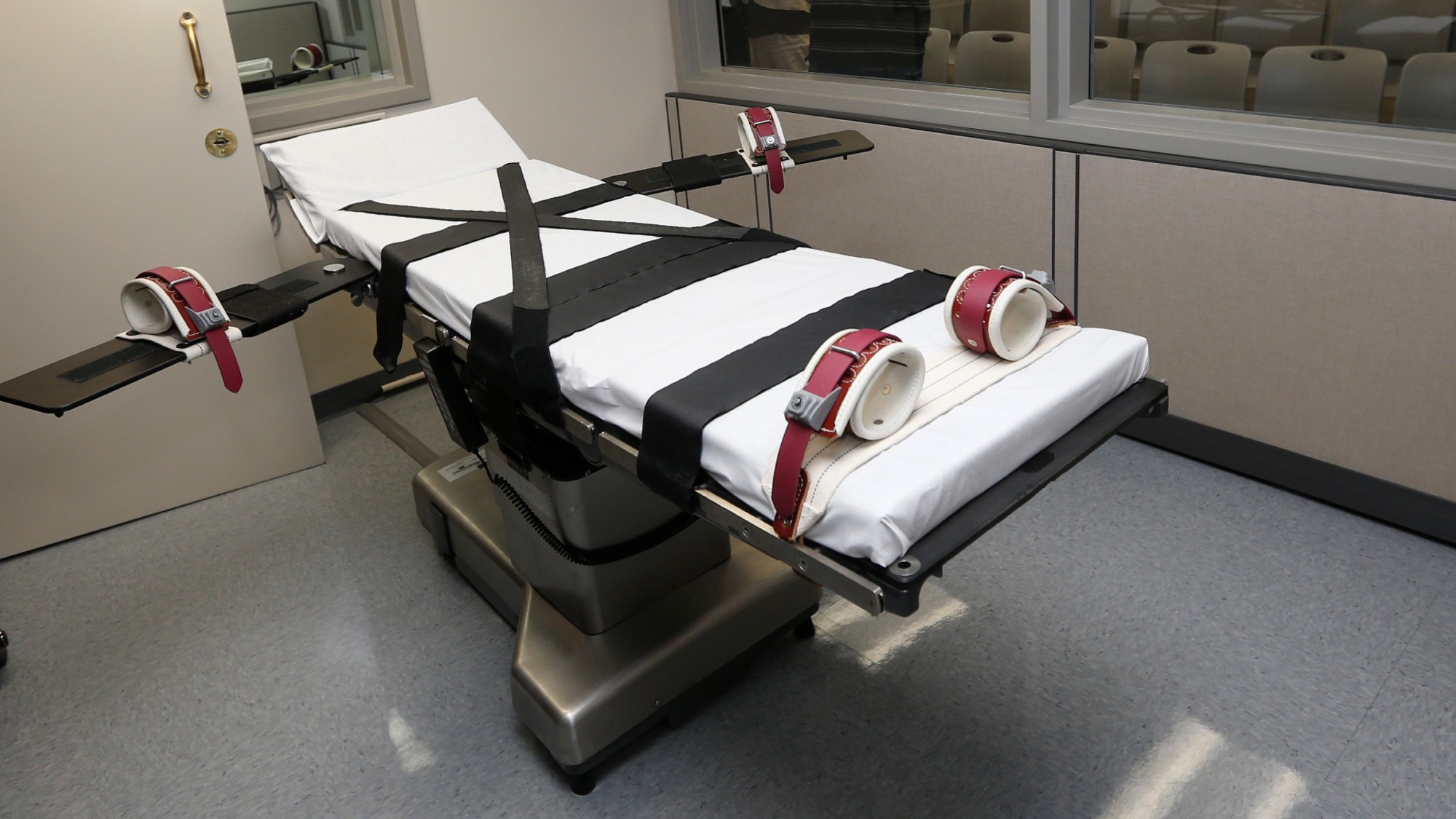 Executions are on the rise in the US after years of decline
Executions are on the rise in the US after years of declineThe Explainer This year has brought the highest number of executions in a decade
-
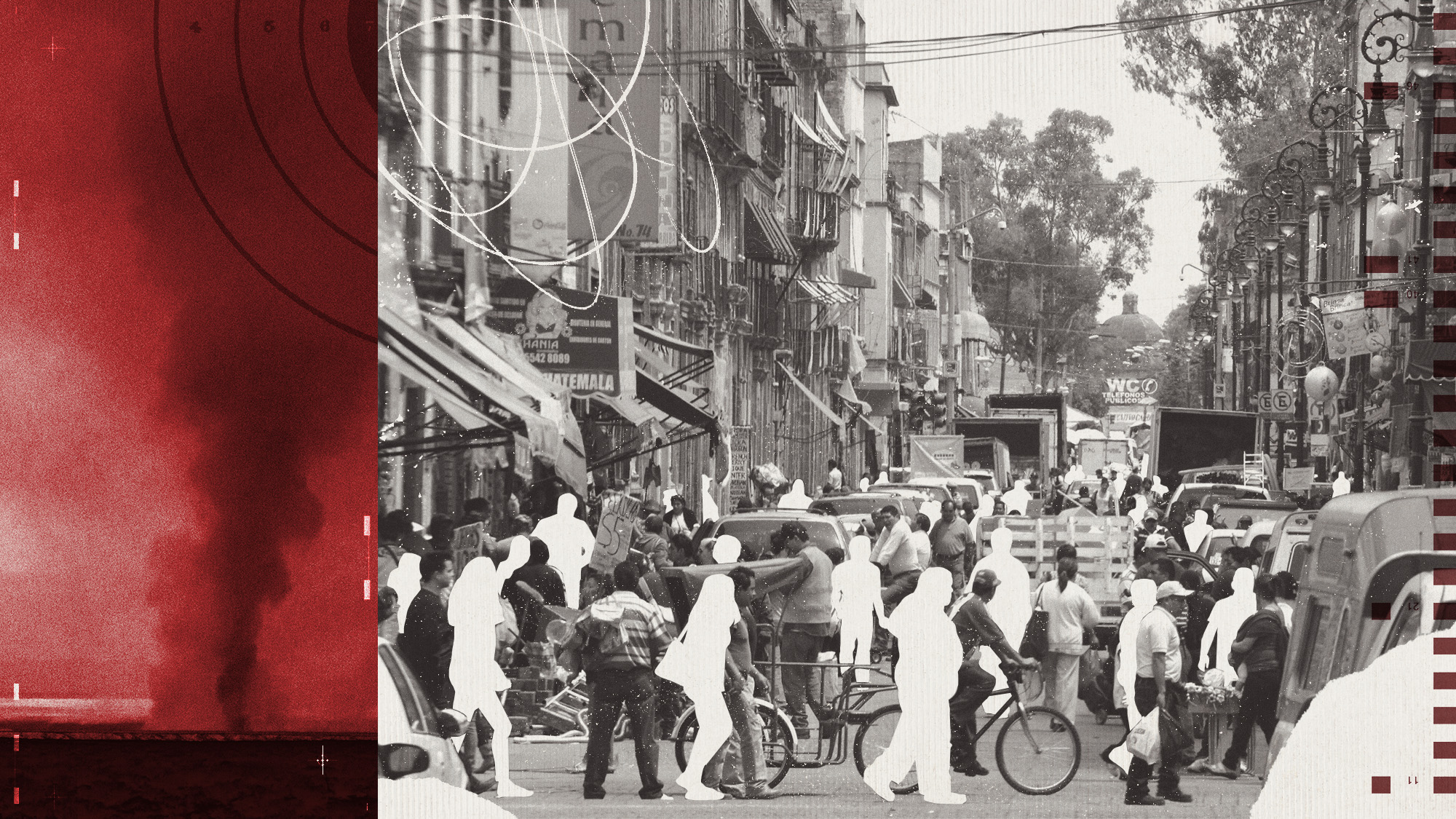 Mexico’s forced disappearances
Mexico’s forced disappearancesUnder the Radar 130,000 people missing as 20-year war on drugs leaves ‘the country’s landscape ever more blood-soaked’
-
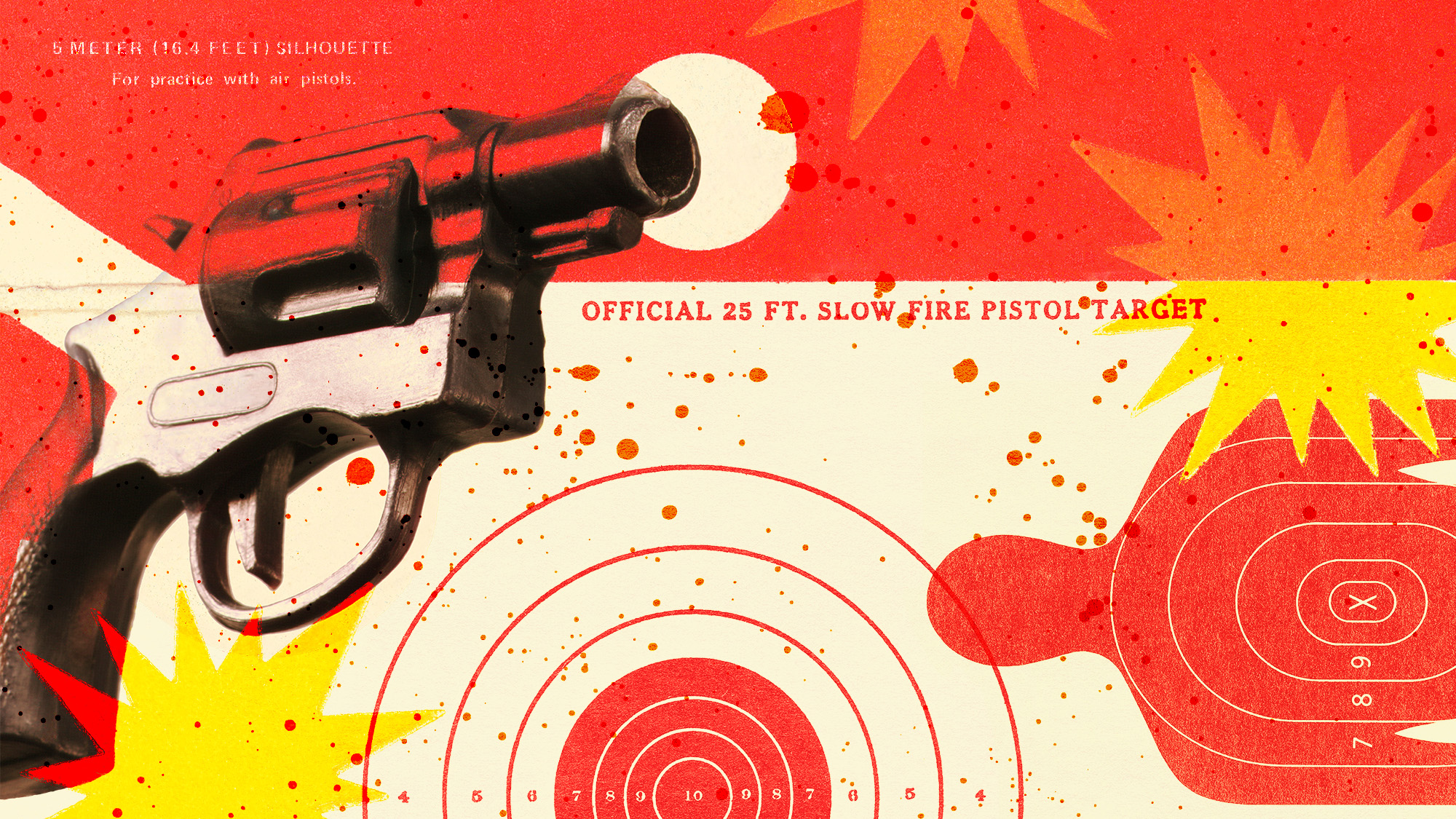 Trump lambasts crime, but his administration is cutting gun violence prevention
Trump lambasts crime, but his administration is cutting gun violence preventionThe Explainer The DOJ has canceled at least $500 million in public safety grants
-
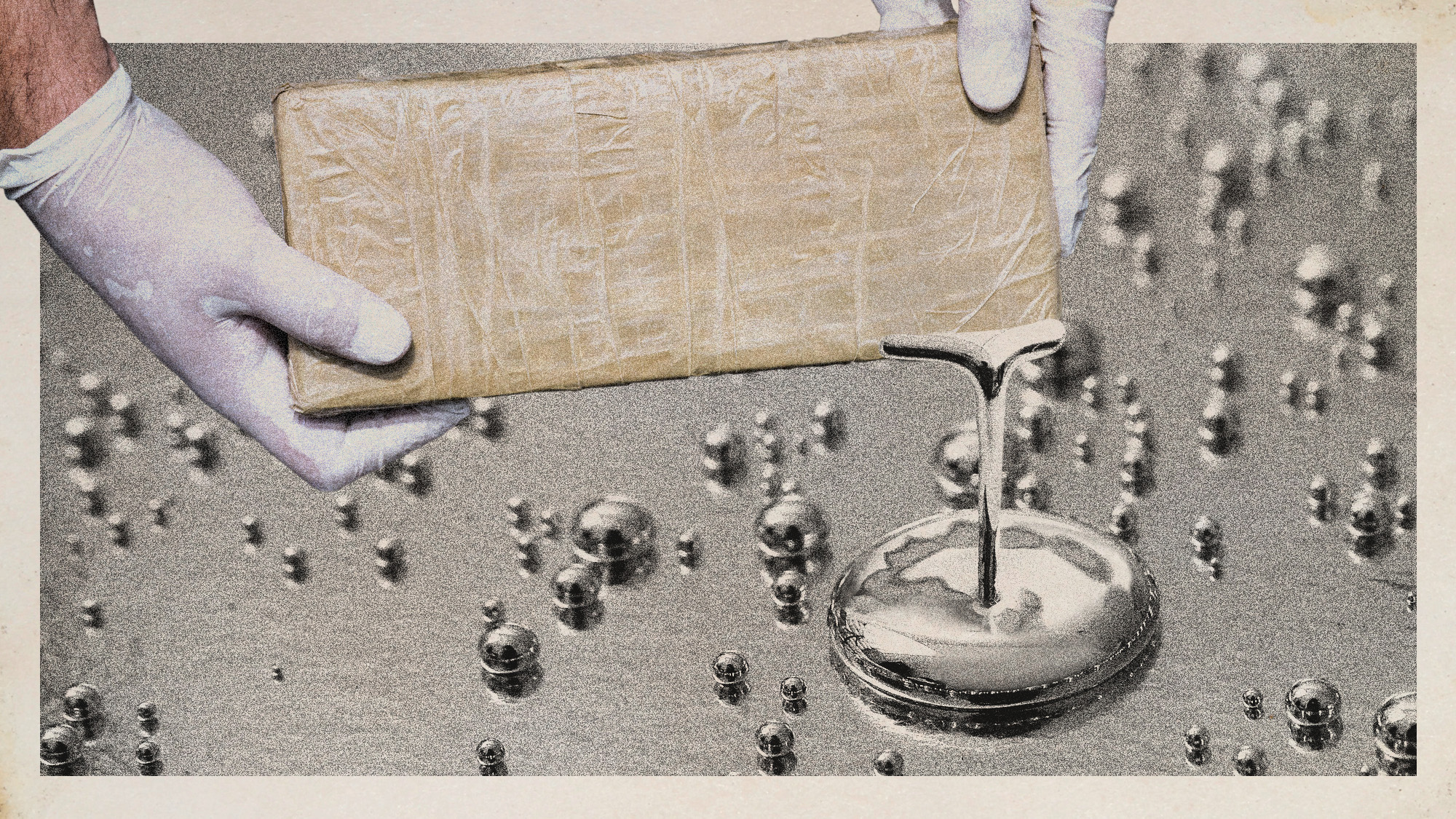 Illicit mercury is poisoning the Amazon
Illicit mercury is poisoning the AmazonUnder the Radar 'Essential' to illegal gold mining, toxic mercury is being trafficked across Latin America, 'fuelling violence' and 'environmental devastation'
-
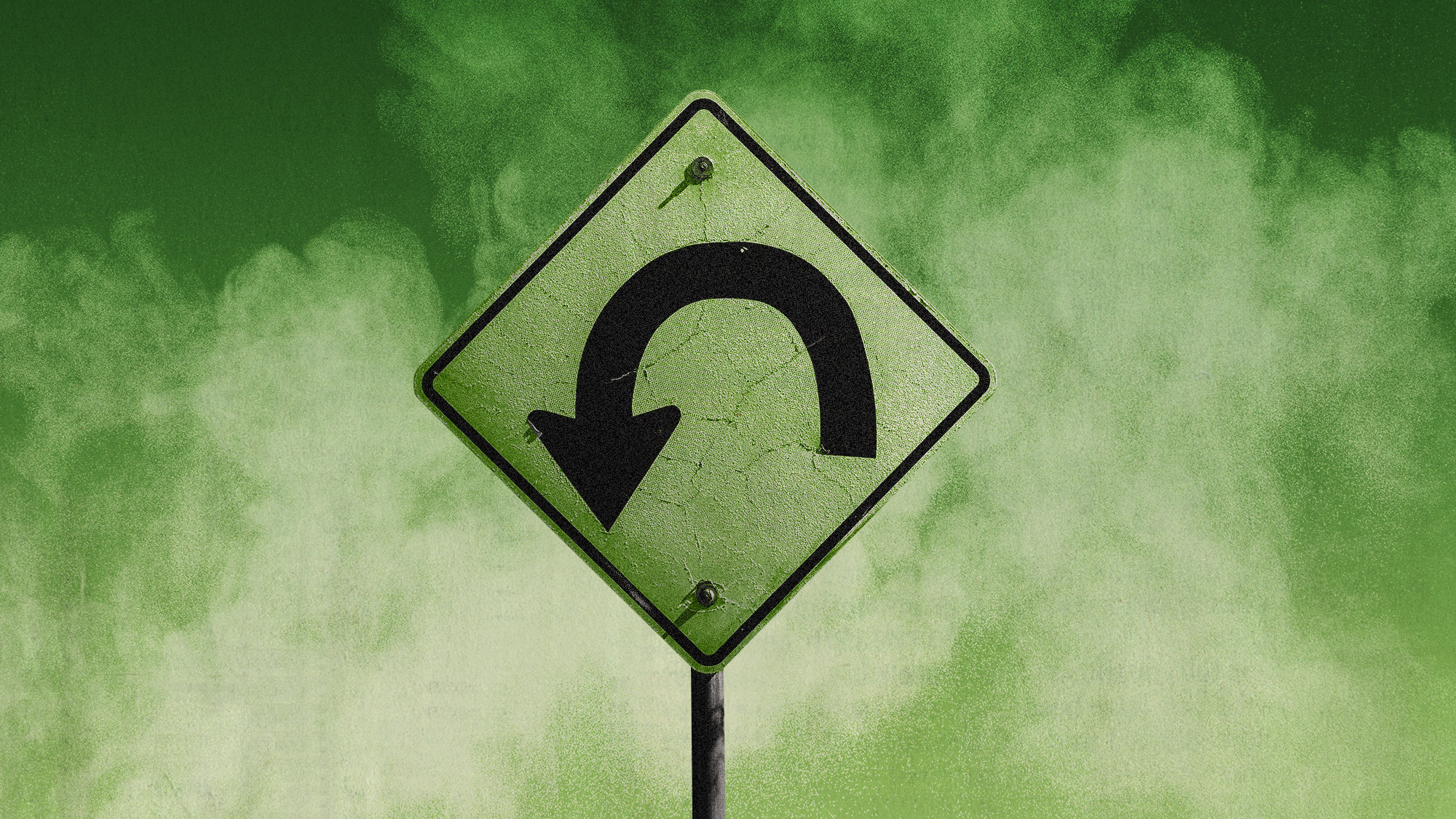 Thailand is rolling back on its legal cannabis empire
Thailand is rolling back on its legal cannabis empireUnder the Radar Government restricts cannabis use to medical purposes only and threatens to re-criminalise altogether, sparking fears for the $1 billion industry